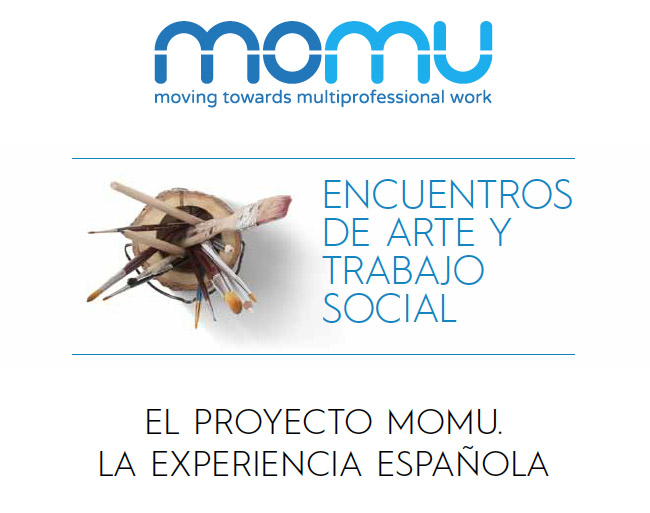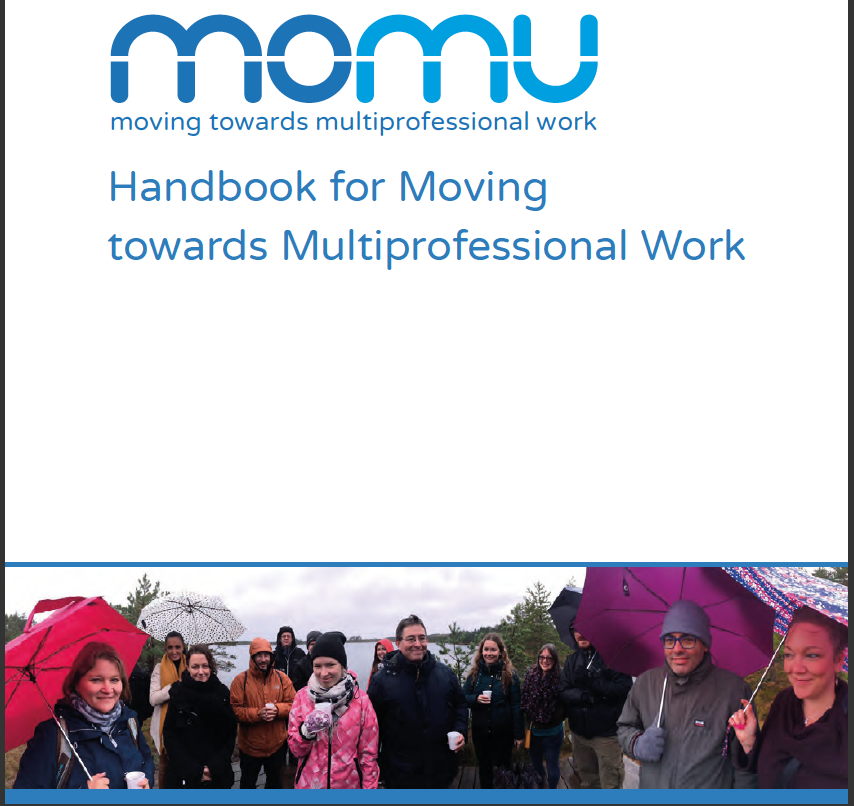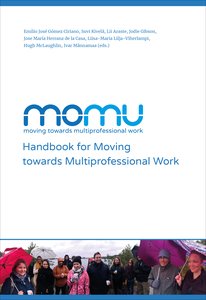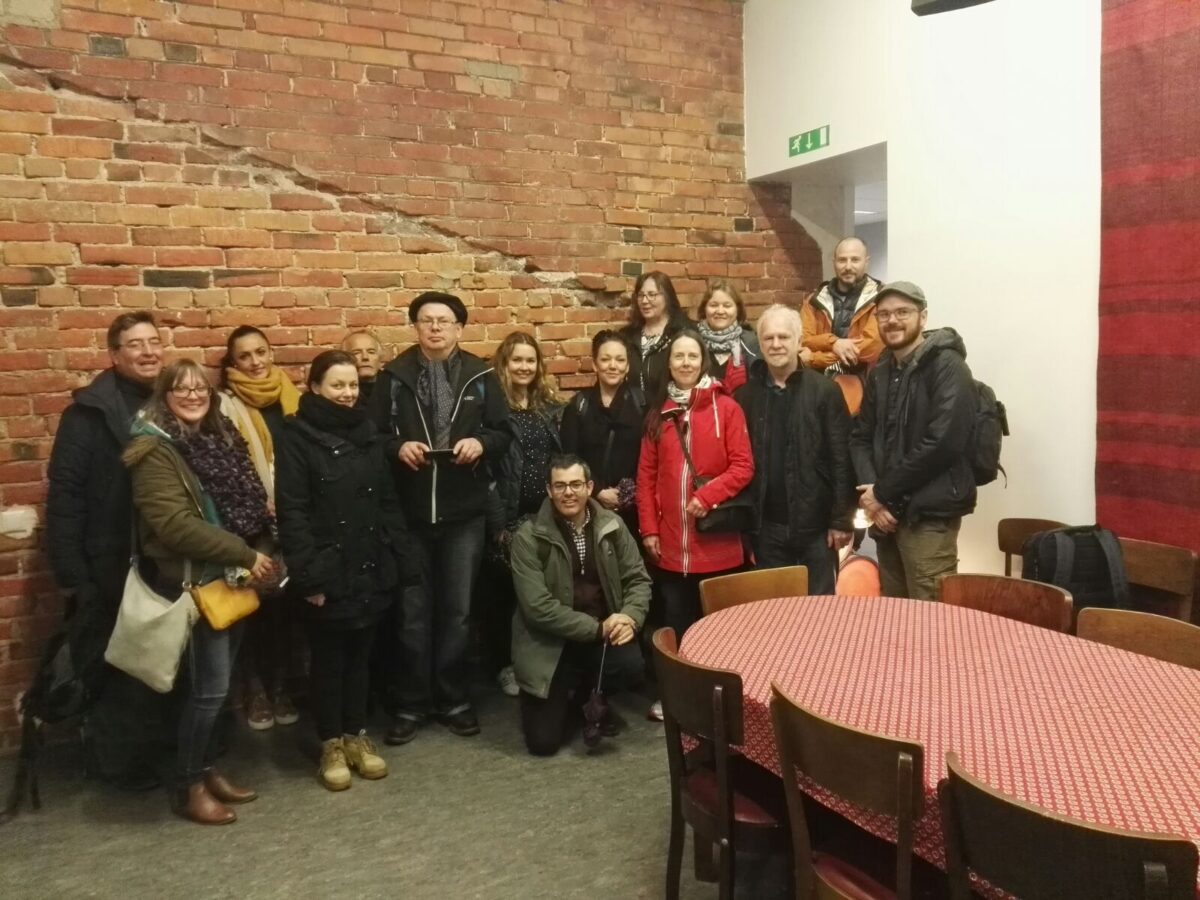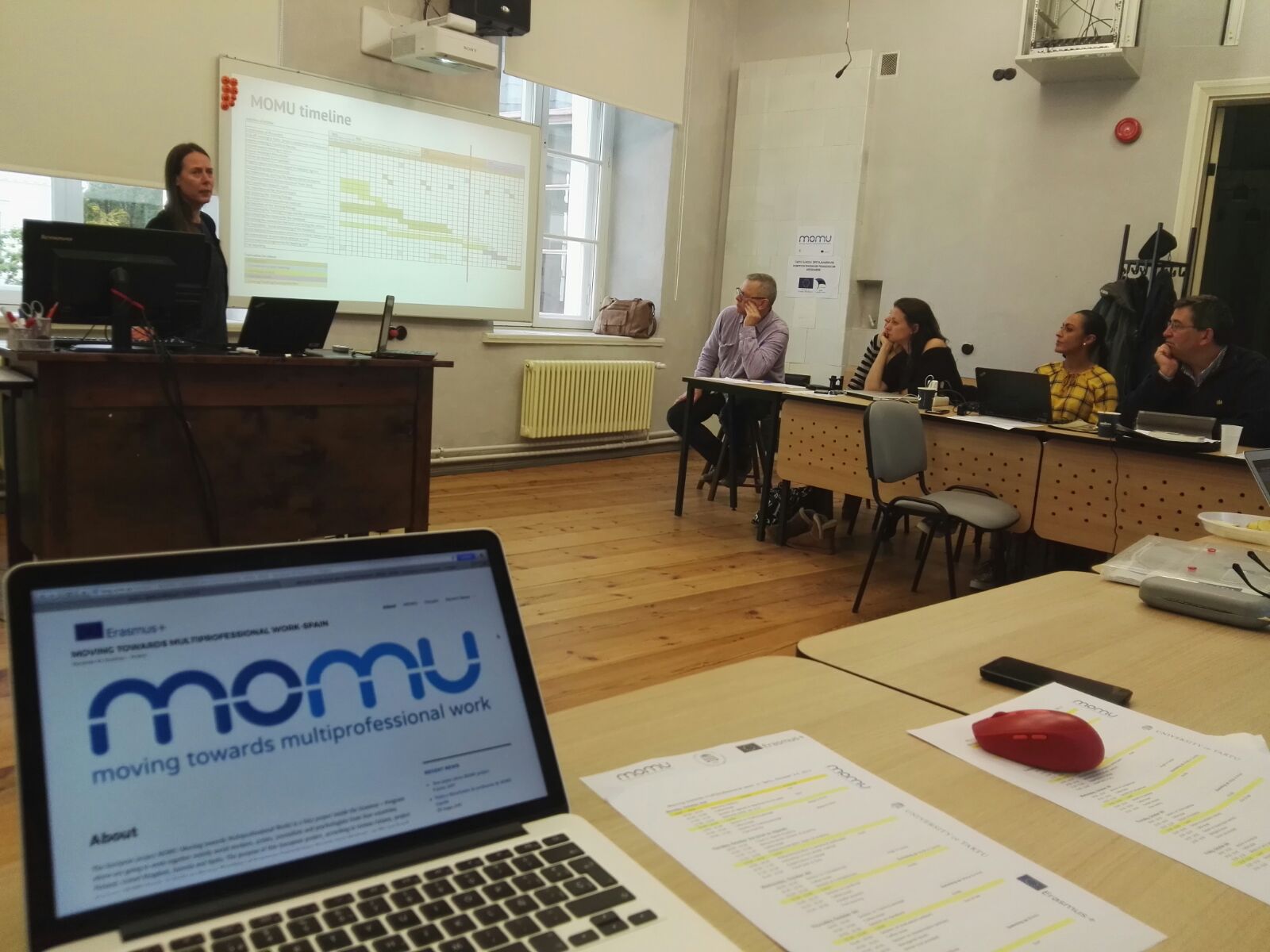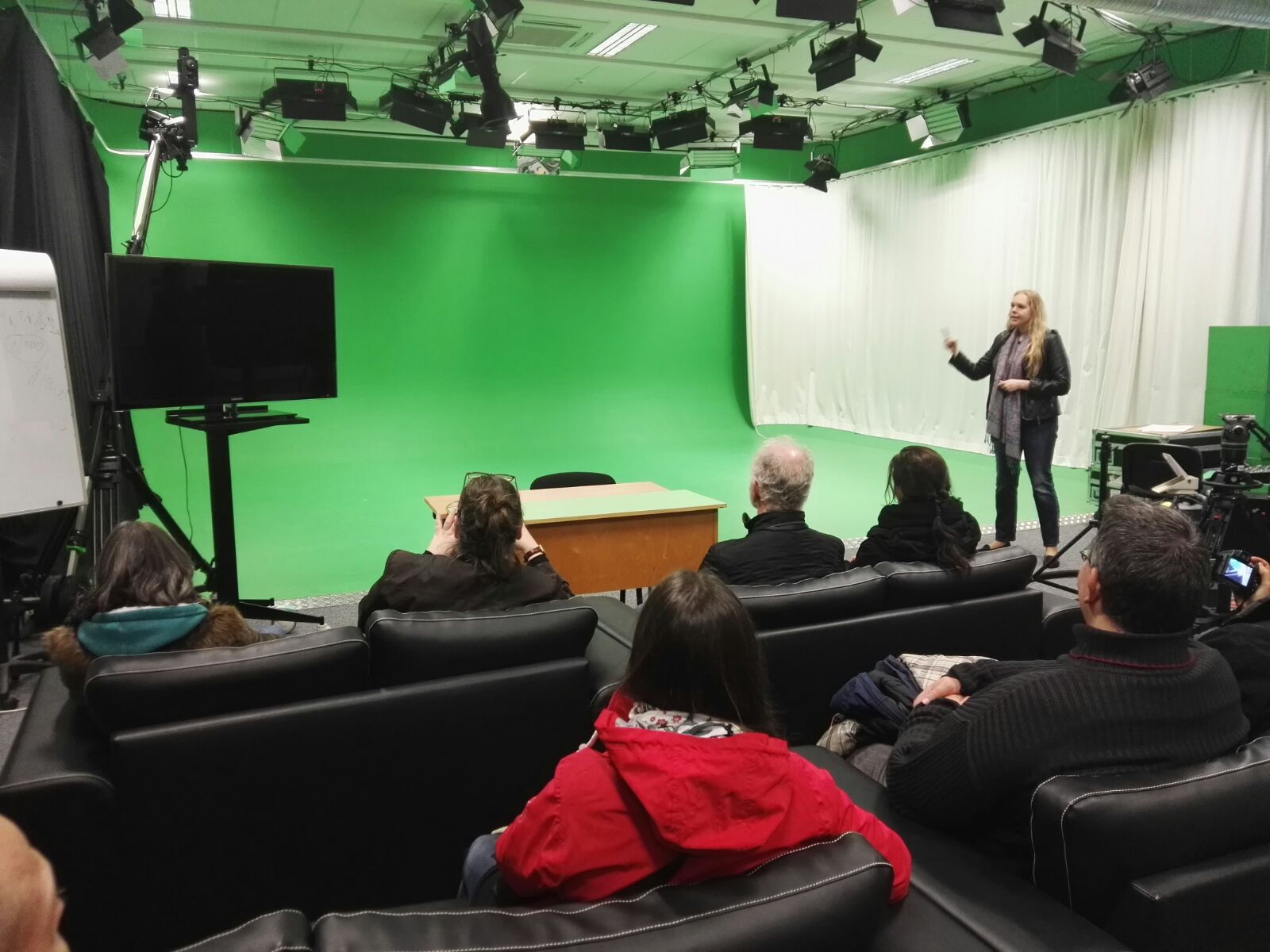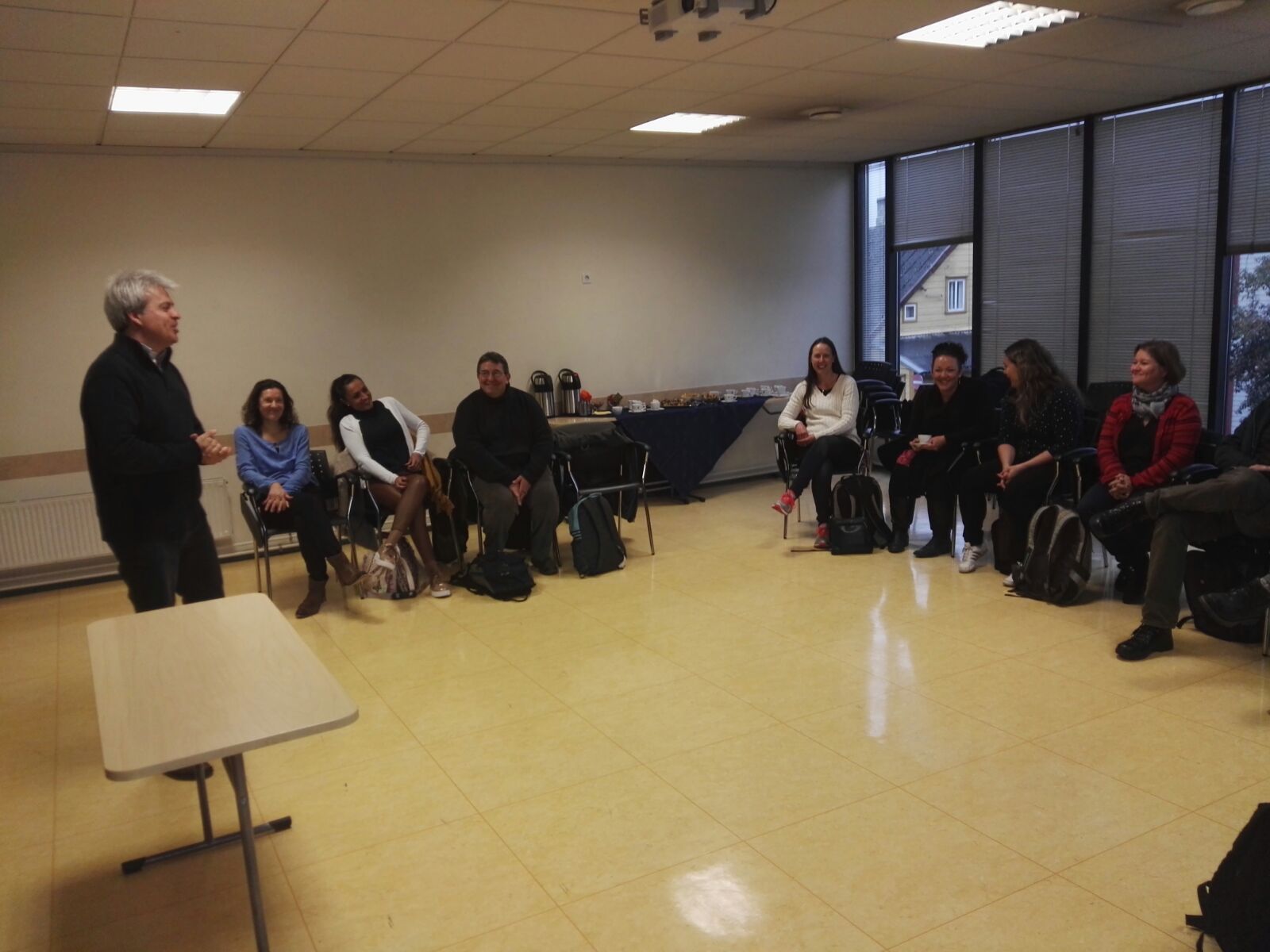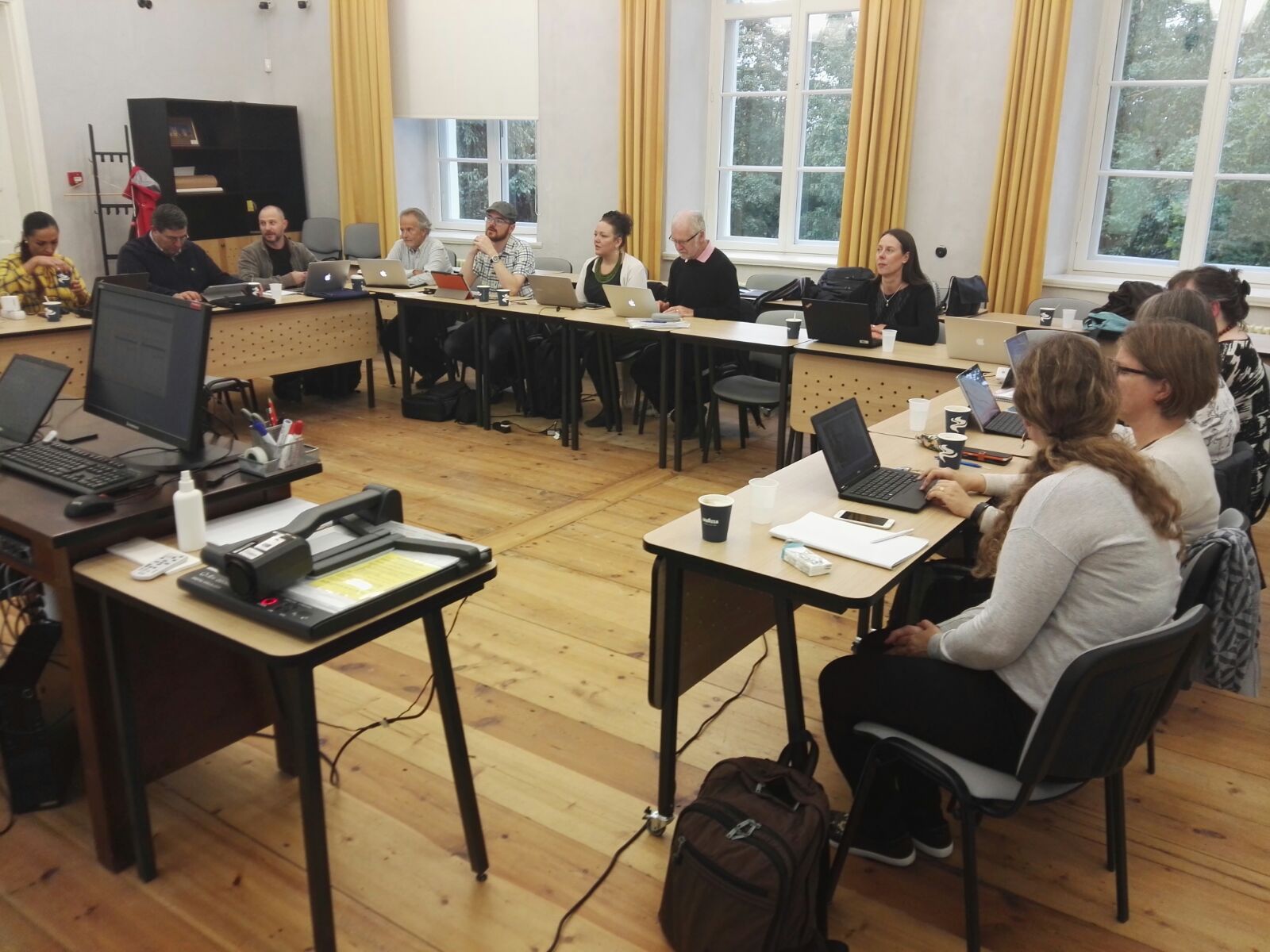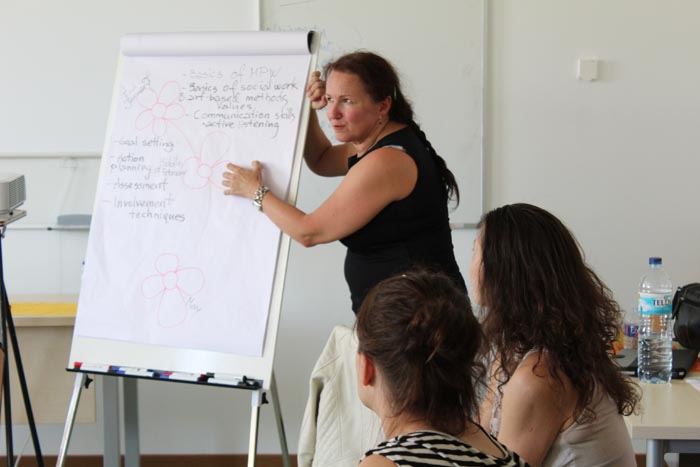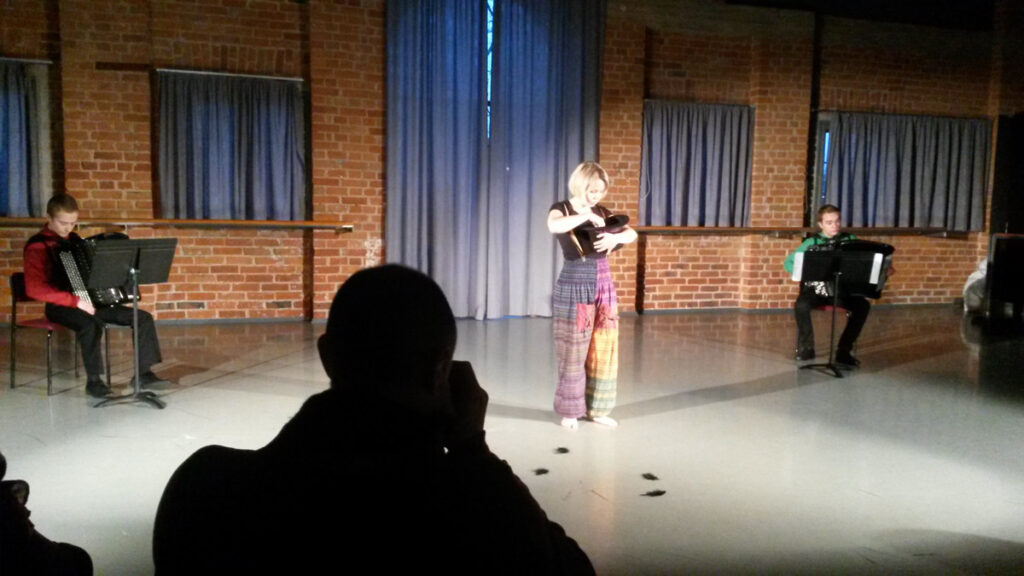Ya se puede descargar el libro que recoge la recoge la experiencia española del proyecto MOMU. Por primera vez, docentes y alumnos de las facultades de Trabajo Social, Periodismo y Bellas Artes de la Universidad de Castilla-La Mancha se han implicado de modo conjunto en la creación de un espacio inédito en el que ha sido esencial la colaboración de las entidades del tercer sector y espacios artísticos.
El libro cuenta con diez capítulos donde el lector que se acerque a este trabajo no va a encontrar respuestas. Es todavía demasiado pronto. Pero sí va a encontrar pistas, orientaciones, intuiciones a las que se ha comenzado a dar forma y que podrán ser desarrolladas si hay voluntad, recursos y tiempo para ello. El índice del libro es el siguiente:
Capítulo 1. Reconociendo el terreno (a modo de introducción).
1.1 Contexto, texto y pretexto del MOMU.
1.2 Estructura del libro y cómo leerlo.
Capítulo 2. El contexto socioeconómico en el que surge MOMU.
2.1 Plan de recuperación económica y desempleo juvenil
2.2 Una Estrategia Común: Europa 2020.
2.3 La propuesta de Garantía juvenil y la Iniciativa de Empleo Juvenil.
2.4 Juventud europea y sentimiento de exclusión..
2.5 A modo de Conclusión.
Bibliografía.
Capítulo 3. El examen de las competencias y las buenas prácticas.
3.1 Un proceso arduo pero fructífero.
3.2 Hacia un marco común de competencias entre Arte y Trabajo Social: El estudio de los Libros Blancos de las titulaciones.
3.3 De la posibilidad teórica a la experiencia práctica: Escuchando a los y las docentes.
Capítulo 4. La elaboración de marco MOMU de competencias multiprofesionales: contexto y formación.
4.1 La difícil tarea de construir lenguajes y sobreentendidos comunes.
4.2 El marco de competencias y su explicación.
Bibliografia.
Capítulo 5. El Modelo de Persuasión como marco conceptual del equipo MOMU-España.
5.1. A modo de introducción
5.2 El manejo de la persuasión.
5.3 Principios psicológicos básicos que subyacen a los procesos de influencia.
Bibliografía.
Capítulo 6. El modelo CAST. Una aplicación práctica del modelo teórico.
Capítulo 7. Sesiones formativas con docentes.
7.1 El equipo responsable o cómo la multiprofesionalidad bien entendida empieza en la propia casa.
7.2 La formación de formadores: Sesiones formativas con docentes.
Capítulo 8. Las sesiones de pilotaje con alumnos.
Capítulo 9. La comunicación y la difusión de MOMU. Cómo comunicamos lo que comunicamos.
9.1 La comunicación en el contexto del proyecto.
9.2 Un plan de comunicación que guíe el camino.
9.3 El blog del MOMU.
9.4 La participación en Congresos y la publicación de artículos.
9.5 El seminario final de difusión en la Facultad de Trabajo Social de la Universidad Complutense de Madrid (26 de abril de 2018).
9.6 Otros instrumentos de difusión.
Bibliografía.
Capítulo 10. A modo de conclusion. Hoja de ruta para no perderse.
Bibliografía.

